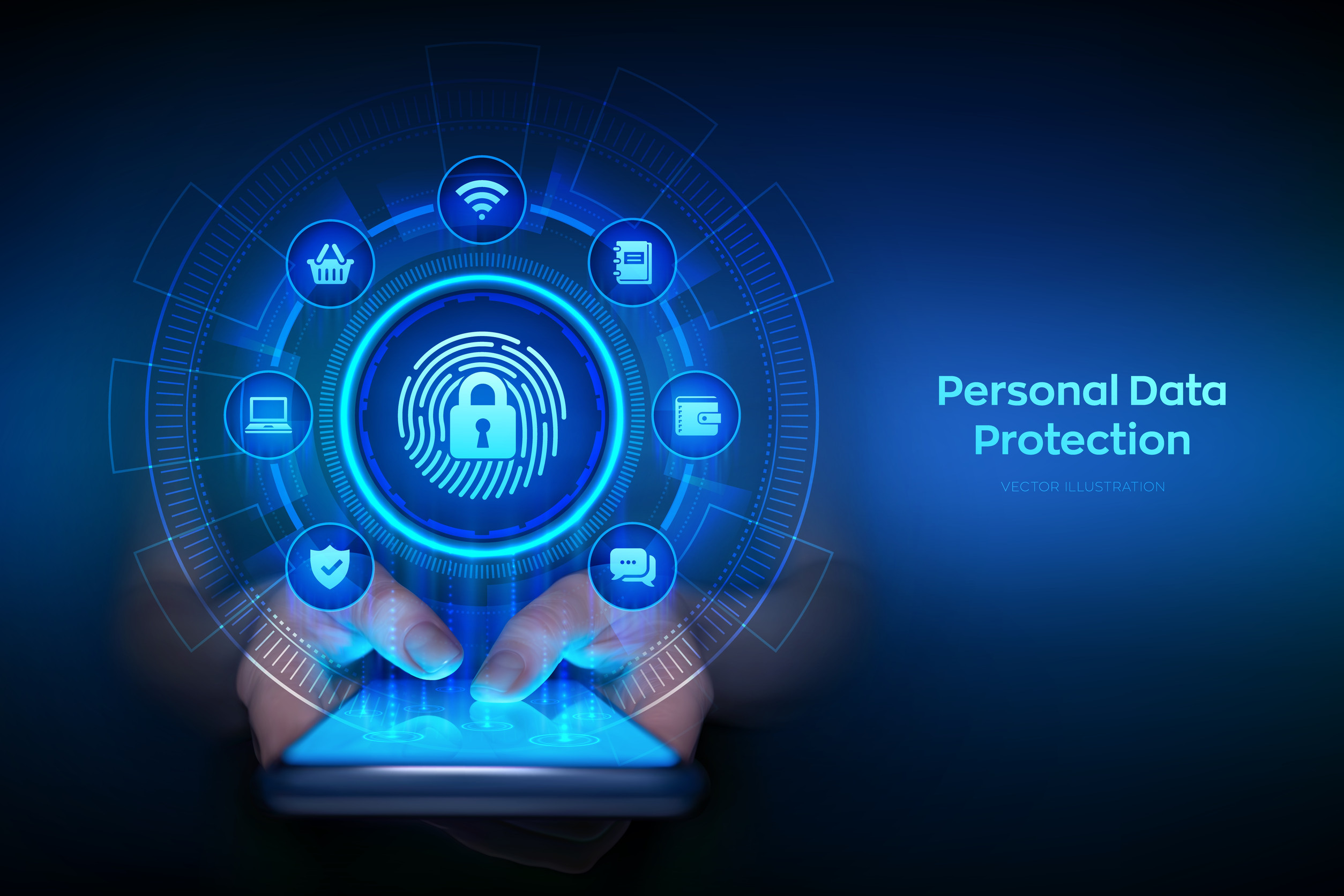Your child may not have a credit card or social media account, but their personal information is already floating around more than you think. From baby registries to smart toys, everyday conveniences are quietly collecting and sharing data about your family. The idea of an exposed child might sound dramatic, but the risk is very real—and growing. The good news? Once you know where those risks hide, you can take steps to limit them. Here are seven surprising ways your child’s identity may already be exposed and what you can do to protect them.
1. Oversharing on Social Media
One of the biggest sources of an exposed child is social media—especially when parents unknowingly share too much. Posting birth announcements, first day of school photos, or even shots with visible addresses or school logos can create a digital footprint for your child before they even know what the internet is. Strangers can use this information to guess passwords, create fake profiles, or track personal details over time. Privacy settings help, but screenshots and shared posts can still spread. Think twice before you post and consider what your child might want shared about them later in life.
2. Data Collected from School Forms and Activities
Enrollment forms, online learning platforms, and school fundraising sites all require personal details. Names, addresses, birthdates, and even Social Security numbers are often collected and stored in ways you can’t control. If a school’s data isn’t properly secured, your child’s information could be vulnerable to a breach. It’s easy to assume institutions will protect that data, but breaches in education systems happen more often than most parents realize. Ask how your child’s data is stored, who has access, and whether third-party services are involved.
3. Toys and Devices with Built-In Trackers
Today’s smart toys, fitness trackers, and kids’ tablets often come with built-in location features, microphones, or internet connectivity. That means these gadgets can collect and sometimes transmit sensitive information about your child. If those settings aren’t properly managed—or if a company doesn’t prioritize security—your exposed child could become an unintentional data point in a larger network. Always read privacy policies, disable unnecessary permissions, and avoid connecting toys to open Wi-Fi networks. Just because a device is labeled “kid-friendly” doesn’t mean it’s privacy-friendly.
4. Publicly Shared Birth Announcements and Registries
Celebrating your baby’s arrival is joyful, but the digital trail begins early. Online registries often include full names, birth dates, and even delivery hospitals, which are valuable pieces of identity data. Even if the registry seems private, links can be shared or found in search engines. Combined with other public records, this can make an exposed child easy to track over time. Consider using privacy settings, nicknames, or offline announcements to limit exposure during those early months.
5. Free Apps That Sell Data
Many free apps targeted at children include colorful games and catchy music—but they often collect more than you realize. These apps may ask for access to contacts, location, or the microphone, and then quietly sell the data to third-party advertisers. Even if the app seems harmless, your child could end up part of a larger data set used for marketing or worse. Always read reviews and permissions before downloading, and look for kid apps with verified privacy certifications. Remember: if it’s free, your data is usually the real cost.
6. Family Tree and DNA Testing Services
It’s fascinating to learn about your ancestry, but if you’ve submitted DNA to a testing service, you may have exposed your child in the process. These companies collect and store genetic data that could identify family members who didn’t opt in. While these services promise privacy, data breaches or law enforcement requests have made headlines before. If you’ve tested your DNA, you may be inadvertently making your child traceable as well. Be cautious about what you share and always read the long-term privacy terms before submitting samples.
7. Medical Records and Patient Portals
Healthcare portals are incredibly convenient for booking appointments or checking vaccine records. But like any digital system, they carry risks if not secured properly. An exposed child’s medical information can be valuable on the black market, especially if it includes insurance details or Social Security numbers. Keep passwords strong, avoid using public Wi-Fi for logins, and monitor access regularly. Always ask your pediatrician’s office how your child’s records are stored and who has permission to view them.
Knowledge Is the First Layer of Protection
You can’t completely erase your child’s digital footprint, but you can shrink it and slow it down. The earlier you become aware of the many ways a child’s identity can be exposed, the better equipped you are to protect it. Most of these risks aren’t about doing one big thing wrong—they’re about small, everyday oversights that add up. By asking more questions, adjusting privacy settings, and limiting unnecessary data sharing, you put power back in your hands. A more secure future for your child starts with informed choices today.
Have you spotted any surprising ways your child’s identity has been exposed? Share your experience or tips in the comments!
Read More:
School Spies: 8 Privacy Risks of School Apps Collecting Data
Worsening Threat: 9 Cybersecurity Risks Worsening for Kids
The post Exposed Child: 7 Ways Your Child’s Identity Is Already Exposed appeared first on Kids Ain't Cheap.








